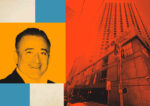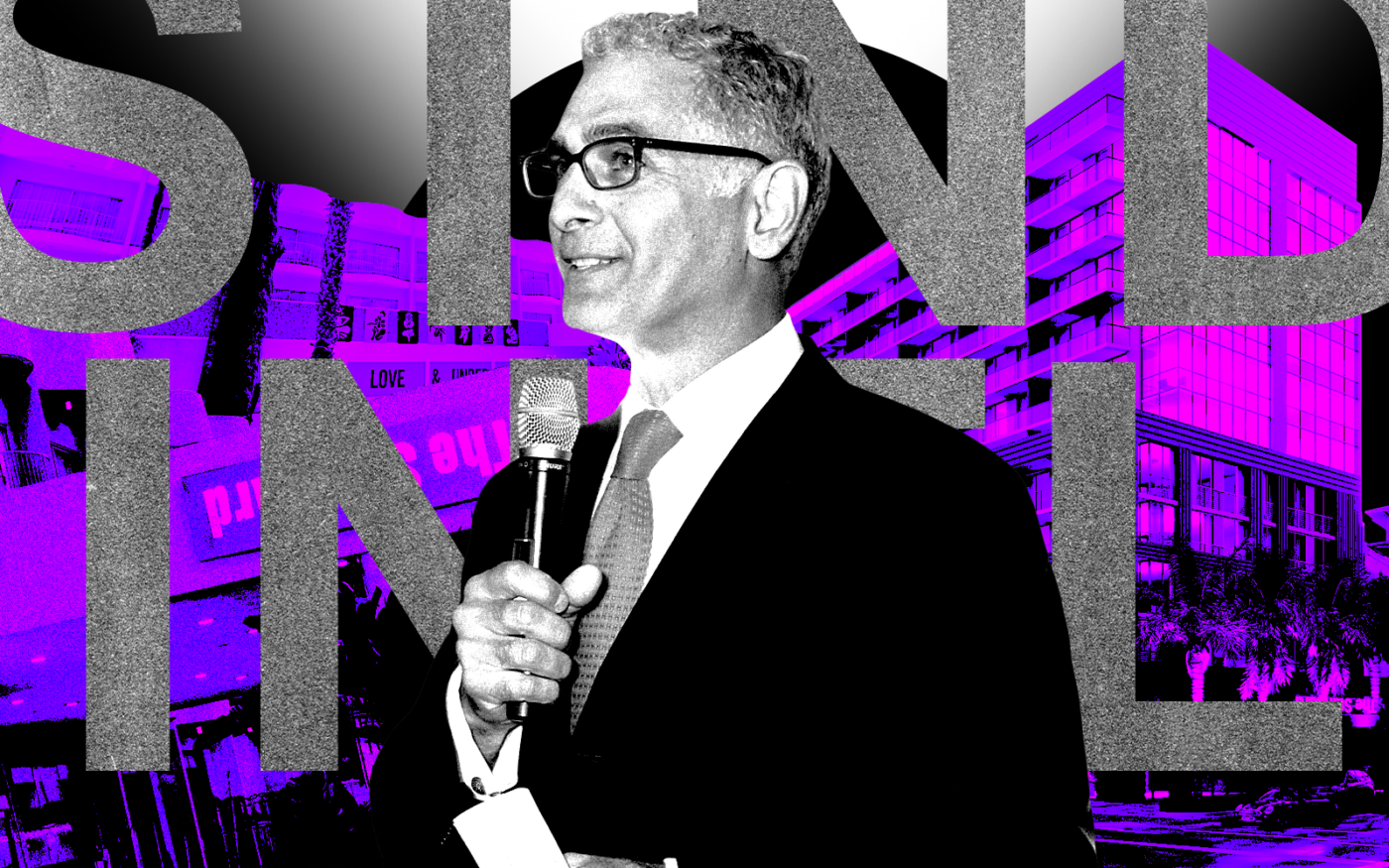Hyatt’s latest acquisition involves 21 properties and even more projects in the pipeline, but no actual real estate.
The hotel chain is acquiring the Standard International brand for up to $335 million, Bloomberg reported. The deal is split between a $150 million base price for Standard International brands — such as the Standard, Bunkhouse Hotels and Peri Hotels — and up to $185 million for more than 30 projects yet to come online.
No hotel real estate is changing hands, though, as Hyatt is instead gaining the Standard’s management, franchise and license contracts. That has emerged as a pattern for Hyatt under chief executive Mark Hoplamazian, acquiring brands such as Alila and Dream Hotels, but selling properties as Hyatt tries to remain light on assets.
The nearly two dozen properties online span nearly 2,000 hotel rooms, according to Hyatt, in cities such as London, New York City and Bangkok. Some of the properties expected to open in the coming months include The Manner, a Peri Hotels operation in Soho, and a new Standard in Thailand.
Hyatt’s focus has been on brands in the lifestyle lodging space. In an interview, Hoplamazian noted the Standard’s history as a social hotspot, complete with restaurants and nightlife that can appeal to vacationers and business travelers alike, as well as investors.
Standard executive chair Amar Lalvani is being brought into Hyatt’s fold to run a new lifestyle lodging group within the company. Lalvani formed Standard International in 2013 and ran global development of W Hotels before that.
Read more



The Standard deal comes with a slightly higher price tag than Hyatt’s acquisition of Sant Singh Chatwal’s Dream Hotel Group, which closed last year. Hyatt agreed to acquire the brand for up to $300 million, grabbing 12 managed or franchise lifestyle hotels, along with another 24 in the pipeline with signed long-term agreements.
The Dream Hotel umbrella included Dream Hotels, Chatwal Hotels and Unscripted Hotels brands. The expansion increased Hyatt’s portfolio by more than 1,700 rooms, including by 30 percent in New York City alone.
